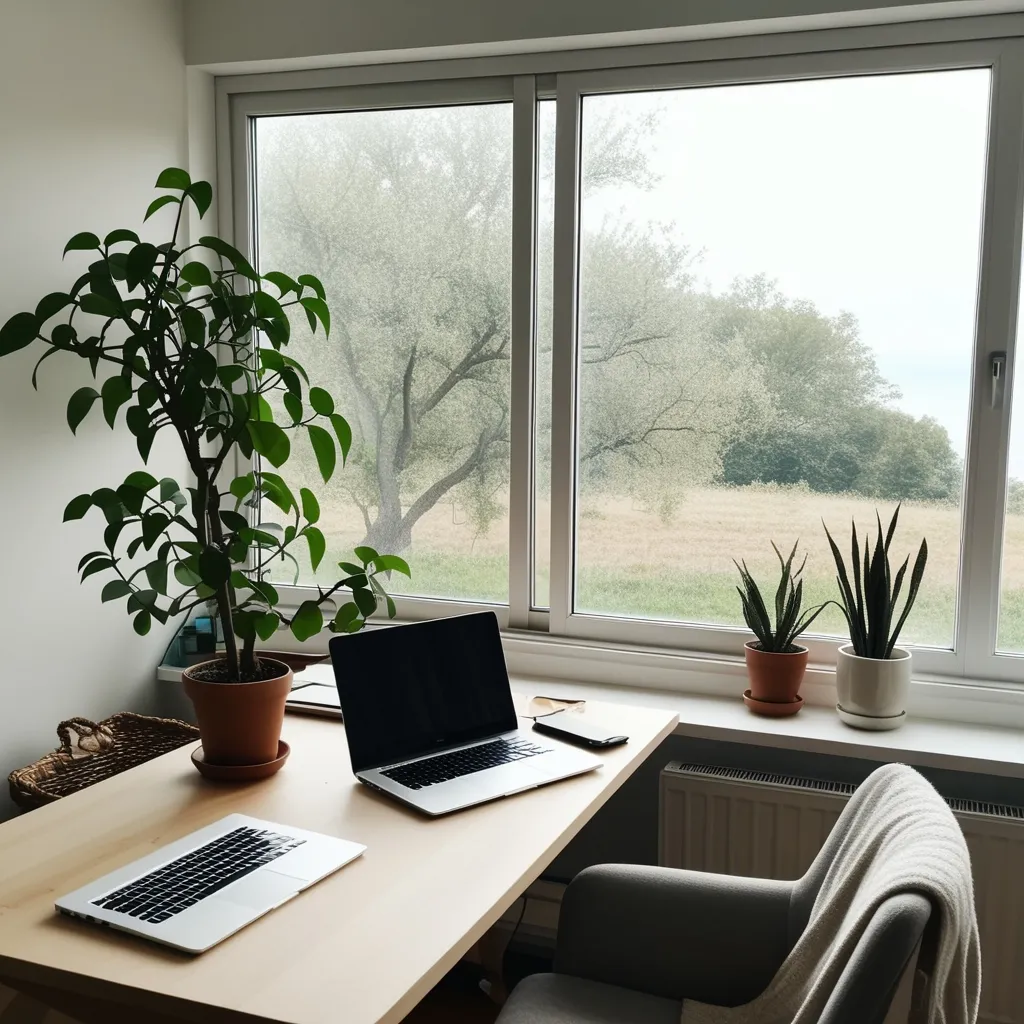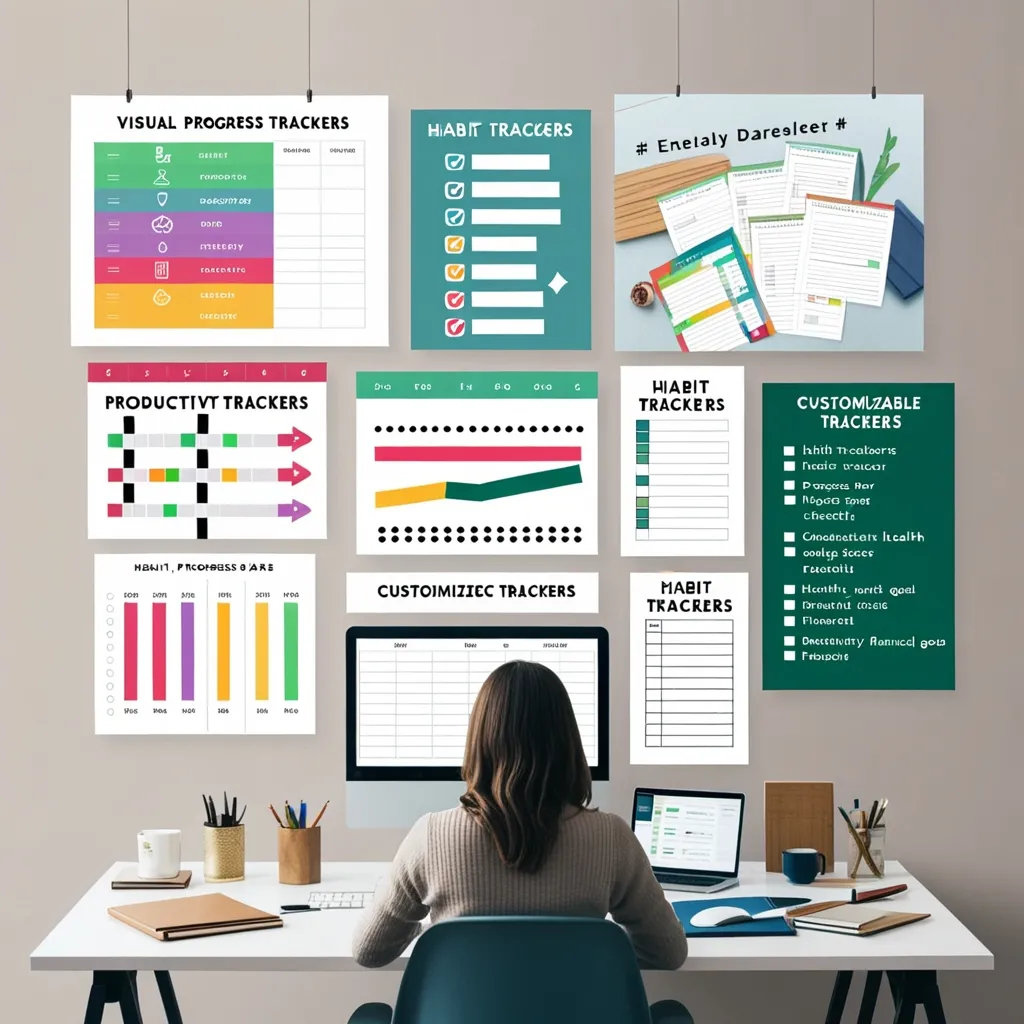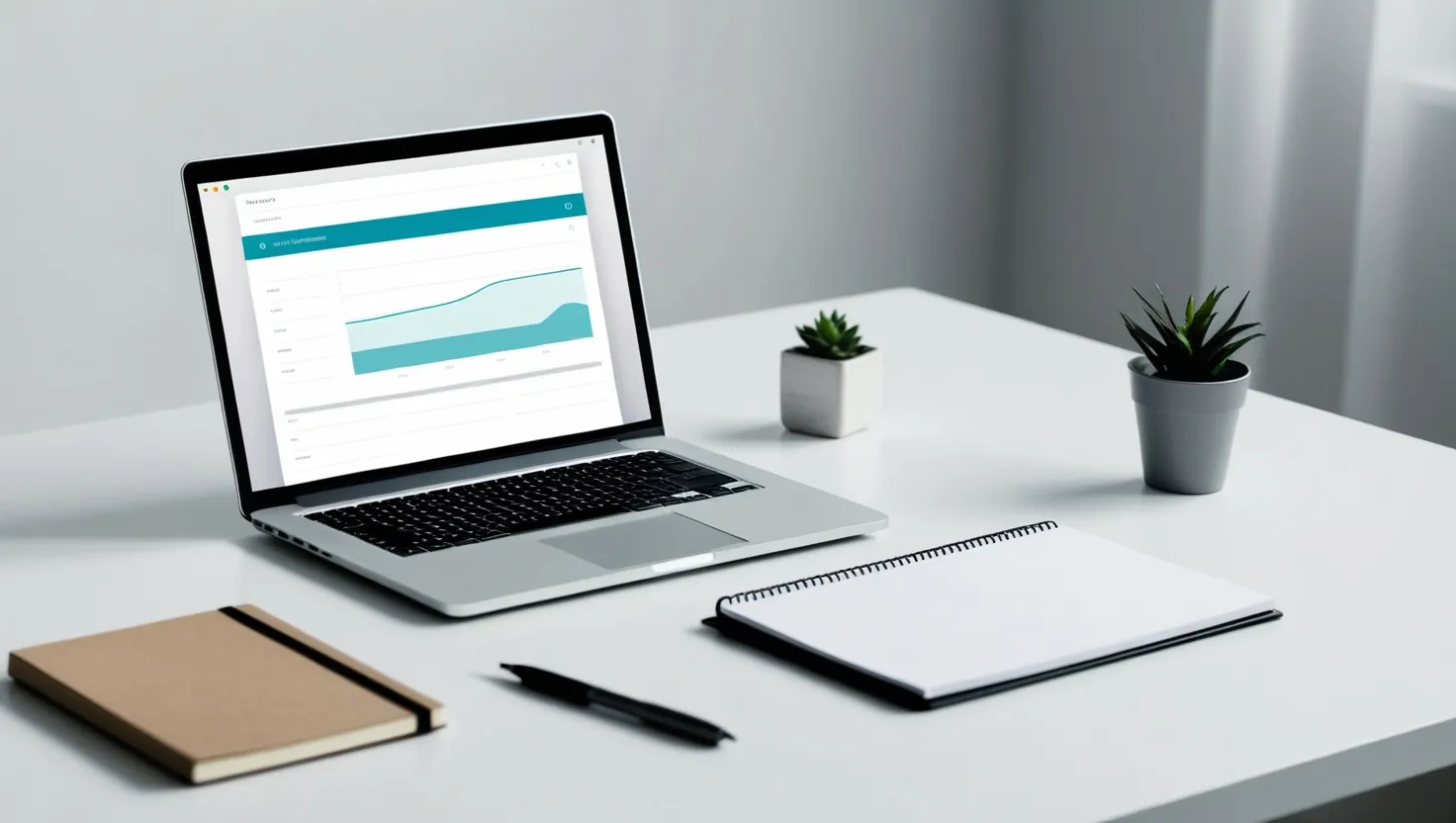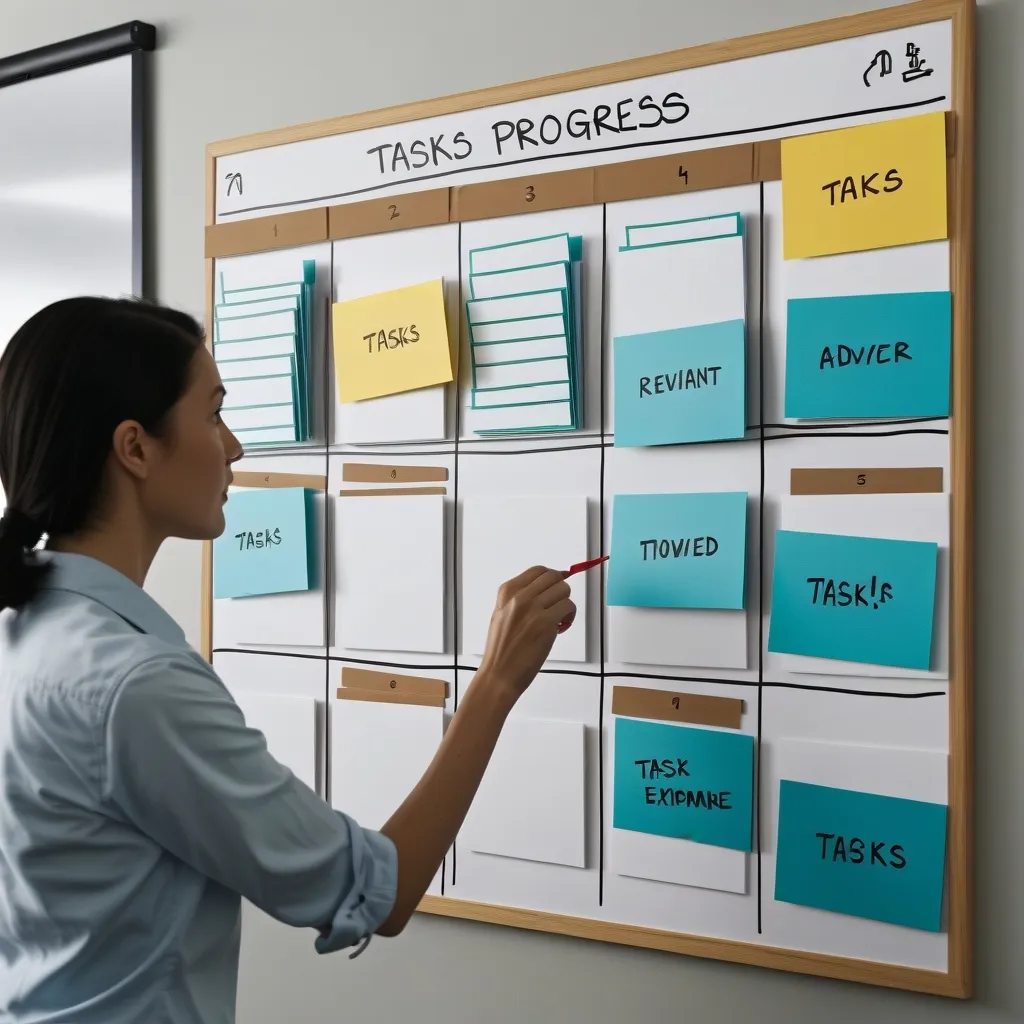Breaks: The Secret Weapon for Boosting Productivity
We’ve all been there - staring at our screens, desperately trying to focus as our minds wander and productivity plummets. It’s easy to fall into the trap of thinking that powering through is the answer. But what if I told you that the key to getting more done might actually be doing less?
That’s right, taking breaks could be your secret weapon for skyrocketing productivity. I know it sounds counterintuitive, but hear me out. There’s some solid science behind why stepping away from work can actually help you accomplish more.
Think of your brain like a muscle. Just like you can’t expect to lift weights for hours on end without rest, your mind needs breaks to recharge and perform at its best. When we work non-stop, our focus and energy inevitably start to fade. But strategic breaks give our brains a chance to rest and reset.
I remember struggling with this myself when I first started my career. I’d power through 10-hour days without breaks, thinking I was being super productive. In reality, my work quality was suffering and I was burning out fast. It wasn’t until I started building in regular breaks that I saw my productivity and creativity soar.
So how can you make breaks work for you? Let’s dive into some practical strategies.
First things first - you need to actually schedule your breaks. I know it’s tempting to just work until you feel like you need a breather. But by the time you feel that way, you’re probably already mentally fatigued. Instead, be proactive and block out break times on your calendar.
Even just two 15-minute breaks per day can make a huge difference. I like to schedule one mid-morning and one mid-afternoon. It gives me something to look forward to and helps break up long stretches of work.
If you really want to level up your break game, try the Pomodoro Technique. Work in focused 25-minute chunks, then take a 5-minute break. After four cycles, reward yourself with a longer 15-20 minute break. I was skeptical at first, but this method has been a game-changer for my productivity.
Now, you might be wondering - how long should breaks actually be? While there’s no one-size-fits-all answer, research shows that short, frequent breaks tend to be most effective. Aim to step away for 5-15 minutes every hour or so.
A good rule of thumb is to dedicate about 12% of your workday to breaks. For a standard 8-hour day, that’s around 58 minutes total. You could break that up into five 12-minute breaks spread throughout your day.
Of course, not all breaks are created equal. Scrolling social media for 15 minutes probably won’t leave you feeling refreshed and ready to tackle your to-do list. Instead, try to make your breaks count with activities that actually recharge your mental batteries.
One of my favorite types of breaks involves movement. If you spend most of your day sitting at a desk, your body and brain will thank you for getting up and moving around. Even just a quick stretch or walk to the water cooler can get your blood flowing and clear your head.
On days when I’m feeling really drained, I’ll do a few jumping jacks or dance to a favorite song. It never fails to boost my mood and energy. Plus, it’s way more fun than staring at a screen!
Speaking of screens, another great break option is to get outside and soak up some nature. There’s something about fresh air and greenery that just resets your brain. Even if you can’t get outdoors, looking at pictures of nature or tending to a desk plant can have similar benefits.
I try to take at least one “nature break” each day, even if it’s just stepping outside for 5 minutes. It’s amazing how much clearer my thinking is when I come back inside.
Sometimes the best breaks involve connecting with other humans. Chat with a coworker, call a friend, or have lunch with your spouse. Real social interaction (not just messaging) can leave you feeling energized and more positive.
I know taking breaks can feel unproductive or even guilt-inducing at first. But remember - breaks are an investment in your productivity, not a waste of time. By giving your brain regular rest periods, you’re setting yourself up to work smarter and more efficiently overall.
To help overcome the mental hurdle, try pre-planning your breaks. Knowing exactly when you’ll step away removes the ambiguity and makes it feel more intentional. You can work with focused intensity, secure in the knowledge that a break is coming up soon.
There are also tons of great tools out there to help you stick to a break schedule. I’m a big fan of the Google Timer - just type “set timer for X minutes” into your search bar and you’re good to go. You can also set recurring calendar reminders or use a Pomodoro app to block distracting sites during work sessions.
As you experiment with different break strategies, pay attention to how they impact your energy and focus. Everyone’s optimal break schedule will look a little different. Maybe you work best with frequent 5-minute breaks, or perhaps longer breaks less often do the trick. The key is finding what works for you.
I’ve found that my ideal break schedule shifts depending on the type of work I’m doing. For intense analytical tasks, I need more frequent mental resets. But when I’m in a creative flow, I can go longer between breaks. Listen to your body and brain to find your personal sweet spot.
It’s also worth considering how breaks fit into your broader energy management strategy. Our energy levels naturally ebb and flow throughout the day. By aligning your most demanding work with your peak energy times and using breaks strategically, you can optimize your productivity.
For instance, I know I have the most mental clarity in the mornings. So I tackle my toughest projects then and save easier tasks for the afternoon when my energy dips. Regular breaks help me push through the post-lunch slump and finish the day strong.
The bottom line is this: breaks aren’t a sign of weakness or laziness. They’re a crucial tool for maintaining high performance over the long haul. By giving your brain regular chances to rest and recharge, you’re setting yourself up for greater focus, creativity, and overall productivity.
So the next time you’re tempted to power through without a break, remember that stepping away could be exactly what you need to level up your work. Whether you’re crunching numbers, brainstorming ideas, or tackling a big project, strategic breaks are your secret weapon for sustained success.
I challenge you to experiment with different break strategies this week. Pay attention to how they impact your energy, focus, and output. You might be surprised at how much more you accomplish by doing a little less. Your future, well-rested, super-productive self will thank you!






